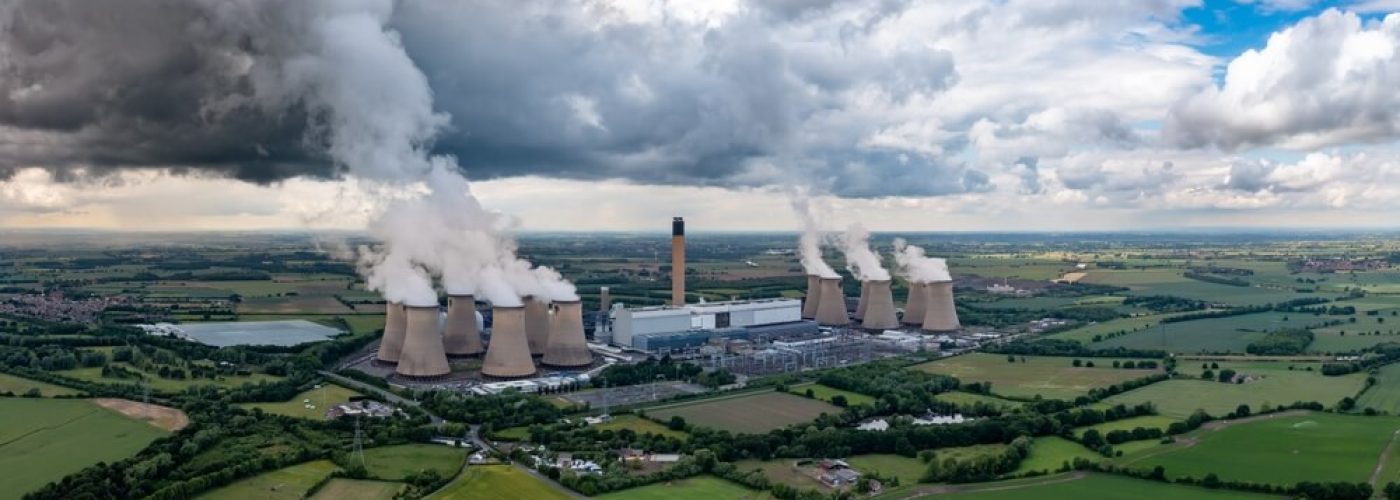Soaring levels of renewable generation and a significant rise in electricity imports saw gas-fired output fall to its lowest level in 20 years in 2024.
That was the main headline from a new report on on power generation in the British energy market by Montel Analytics.
The study showed that GB gas-fired output totalled 72.6TWh in 2024 – down on the 86.8TWh recorded the previous year – and a significant drop on the 111.4TWh generated in 2022. The decrease in demand for gas was attributed to a rise in renewables output, which totalled 118.1TWh in 2024 – up on the 116.9TWh recorded in 2023. On average, renewable generation (including biomass) increased by 0.14GW to reach 13.5GW, which meant renewables contributed 45% to the overall GB power generation mix.
Wind generation was the major contributor to renewable output with a 70% share. Based on historic data, average wind generation also reached a record high of 9.43GW, which was 0.39GW higher than the previous year. This record would have been even higher if wind generation had not needed to be curtailed due to constraints in the capacity of the transmission system during periods of high wind generation.
Electricity imports were also a key reason for the record low gas-fired output. GB interconnectors saw average net imports of 3.8GW last year, a 40% increase compared to 2023 and the highest level on record in the last ten years. The top two major contributors to this total were France (2.2GW), and Norway (1.1GW).
Gas prices began last year by declining through January and February, continuing a downward trajectory seen during Q4 2023, before generally following an upward trend throughout the remainder of the year. The subsequent uptick in prices was influenced by several factors, including intermittent production outages in Norway, geopolitical tensions in the Middle East, supply disruptions to Ukraine due to the ongoing war with Russia, and occasional cold spells during winter. Despite these increases, the average gas price for the year fell by 16% from 2023 levels to £28.63/MWh.
In a similar fashion, the profile of wholesale day-ahead electricity prices followed that of gas prices but dropped to a greater extent due to the increase in renewable output, falling by 23% year-on-year to an average of £72.58/MWh.
The rise of renewables led to 139 hours of negative prices in GB – the highest level since 2019 when negative prices were first observed. The 2024 figure is significantly higher than the 86 hours recorded in 2023 and the 91 hours observed in 2020, when low demand during Covid lockdowns was a significant contributory factor.
Phil Hewitt, Director at Montel Analytics said:
“Last year gas prices were lower on average than in 2023, despite rising again from March onwards. These increases were recorded despite reduced demand for gas-fired generation, with total output at its lowest level for at least 20 years as a result of very high levels of renewable generation and a significant rise in electricity imports through the interconnectors, particularly from France and Norway. Renewable output would have been higher because almost 10% of potential wind output could not be used because of transmission system constraints. Meanwhile, the importance of electricity transfer though the interconnectors has been accentuated following Ofgem’s recent approval of five major new undersea energy links, which will further strengthen connections between Britain and Germany, Belgium, the Netherlands and Ireland”.
“The initial decline in gas prices was driven by elevated wind generation as a consequence of storms Isha and Jocelyn in the early part of 2024, although prices generally rose during the rest of the year. At this time of year, gas price spikes are not uncommon as additional gas reserves are often needed to meet higher-than-usual demand during periods of cold, calm weather. The recent cold snap sparked a media frenzy recently when British Gas owner Centrica announced that the UK had less than a week of gas reserves in store although National Gas, which owns the UK gas network, has insisted that storage levels remain healthy.”
The Montel study also highlighted the demise of coal in Britain after 142 years, with the last coal station at Ratcliffe-on-Soar closing at the end of September. The report also showed that nuclear power generation dropped to a record low of 38.2TWh, largely due to outages and delayed restarts which reduced the output of most units in the nuclear fleet
Renewables were the dominant contributor to Britain’s fuel mix in 2024, accounting for 44.8% of the total. Gas-fired generation accounted for 27.5%, with nuclear (14.5%), imports (12.6%) and coal (0.6%) accounting for the rest.
Building, Design & Construction Magazine | The Choice of Industry Professionals





